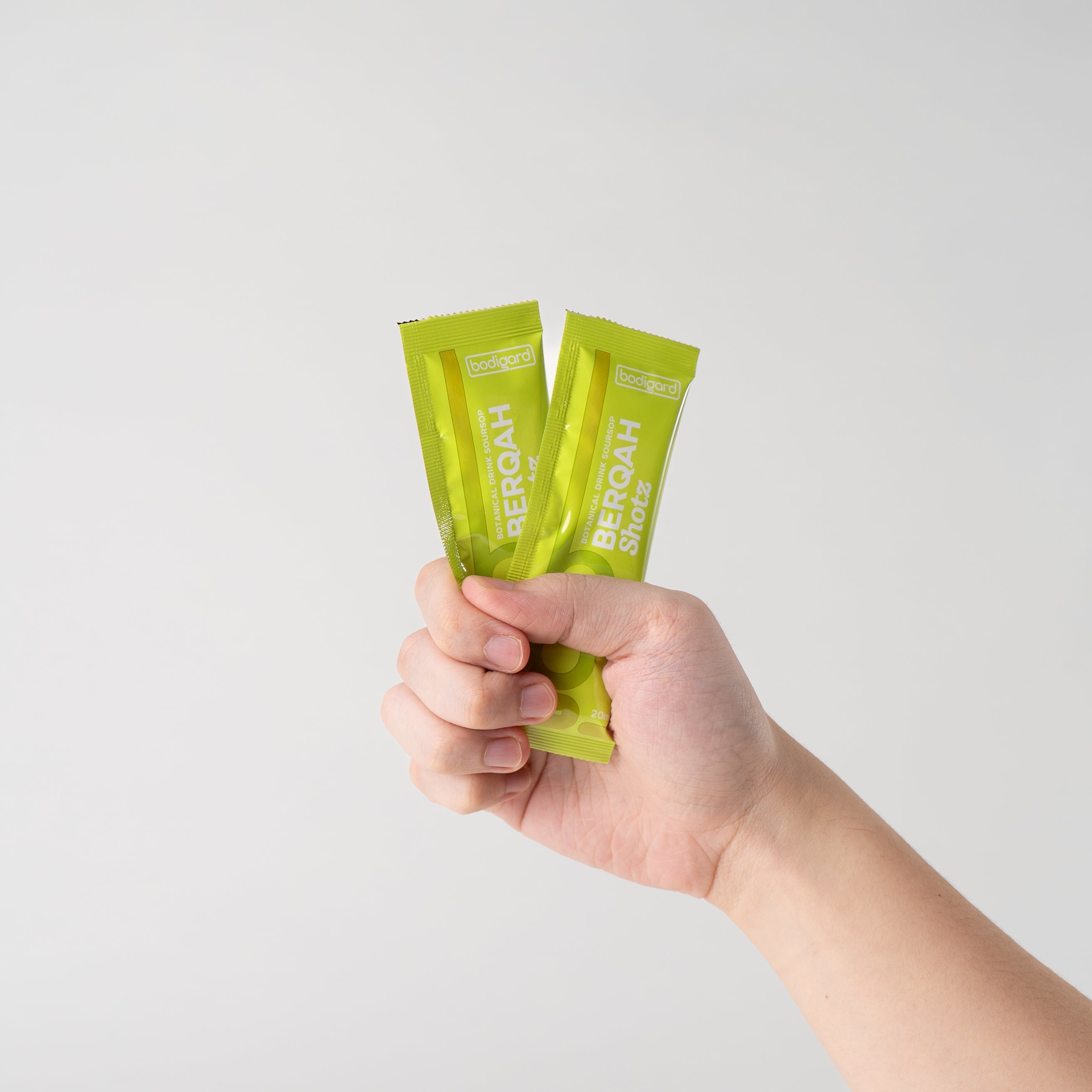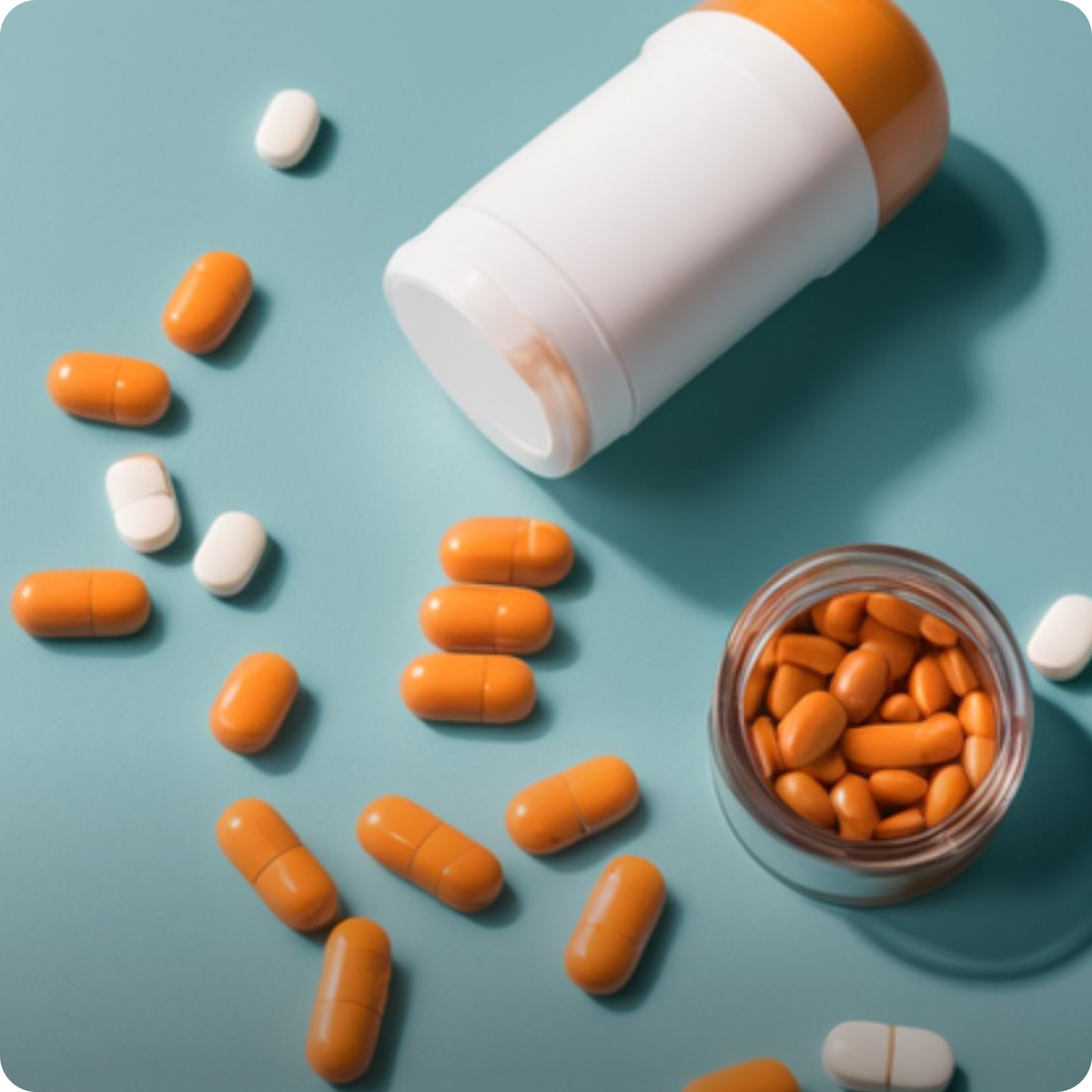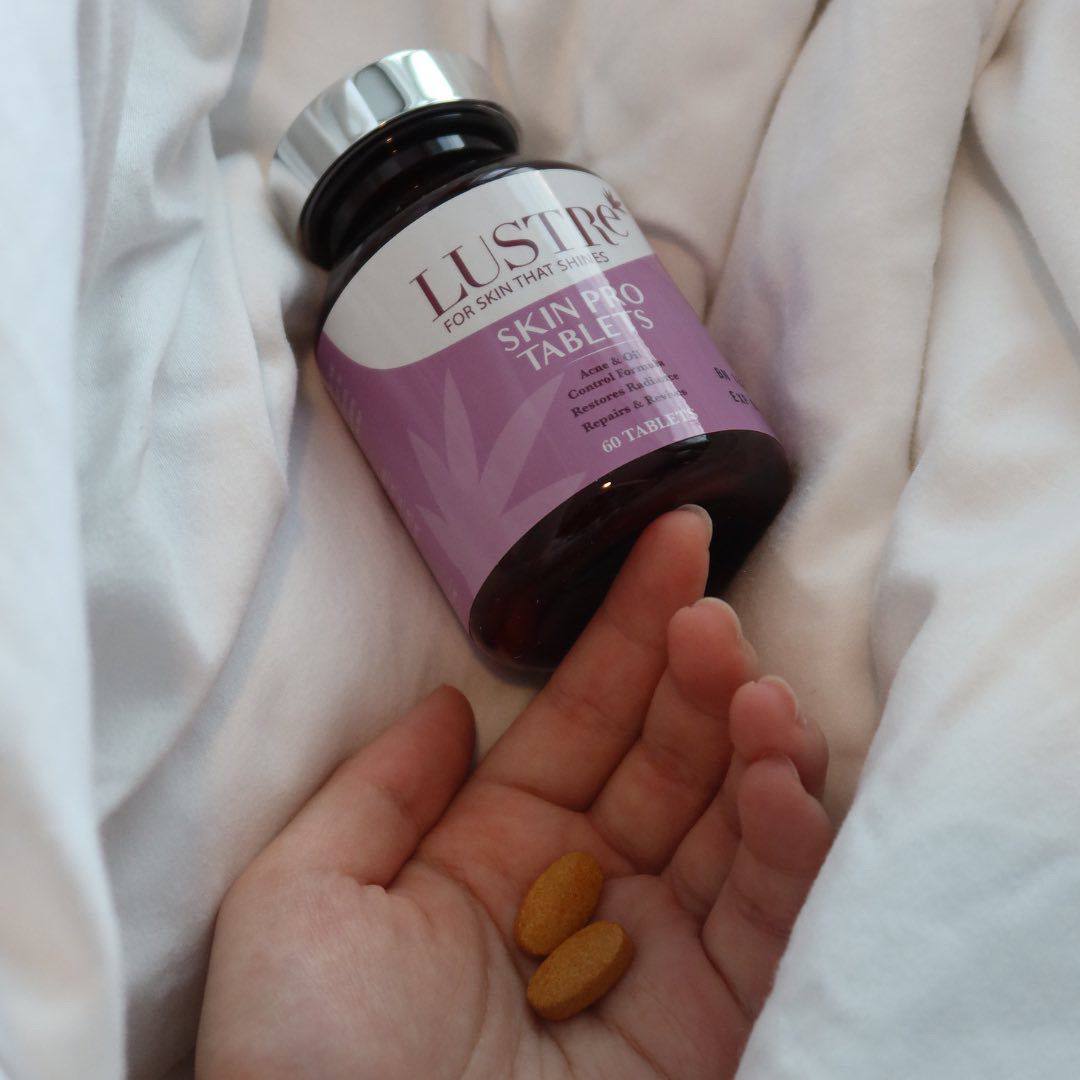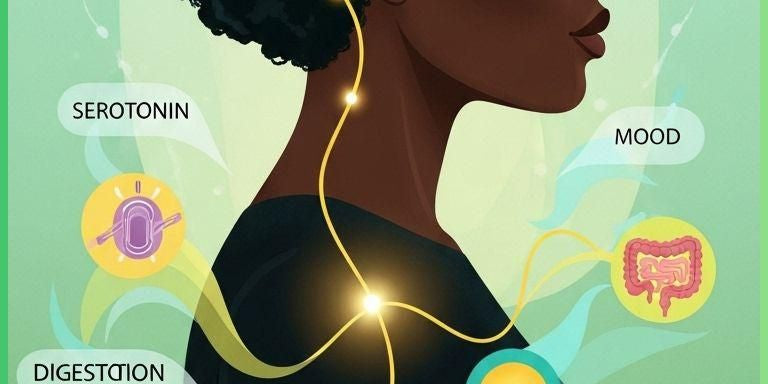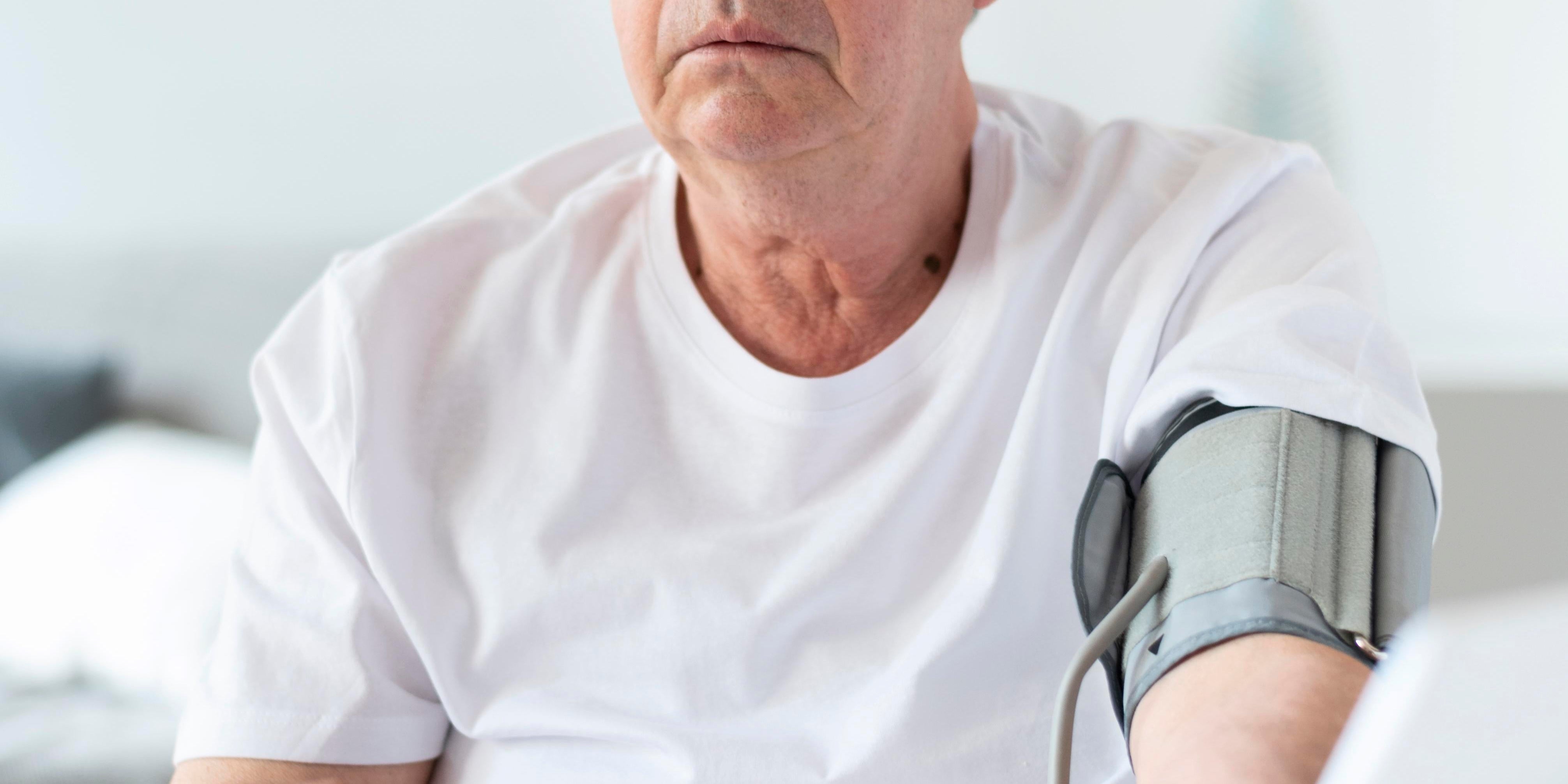How I Beat Chronic Fatigue Without Chugging Coffee (And You Can Too!)
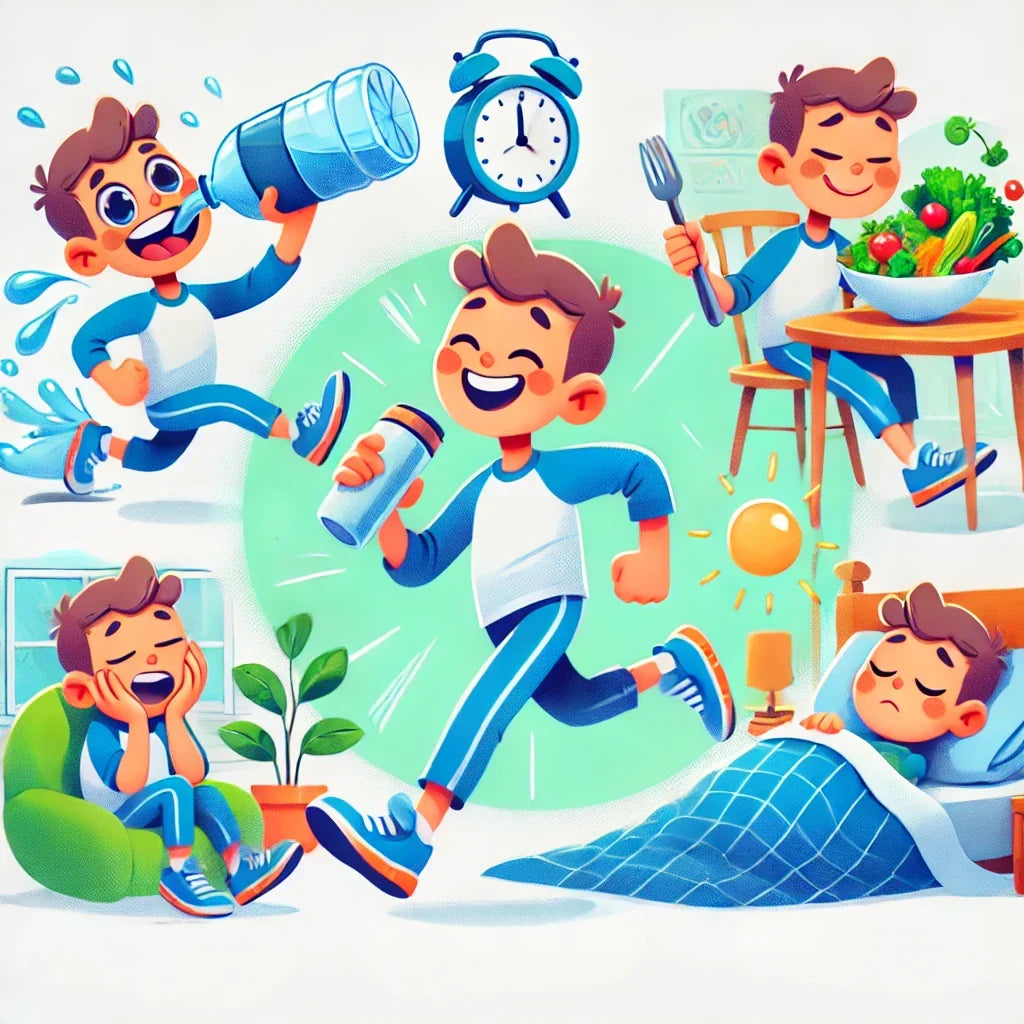
Let’s be honest—most of us have bad days where we feel like a walking zombie. But when every day feels like that, you start to wonder if you’ve somehow entered a permanent state of exhaustion. That was me. Tired, sluggish, and completely dependent on my morning (and afternoon, and sometimes evening) coffee just to function.
Then, one day, I decided enough was enough. I needed to break the cycle and find real, long-lasting energy—without drowning myself in caffeine. And guess what? It worked! If you’ve been struggling with chronic fatigue and relying on caffeine like it’s your lifeline, stick around. Here’s how I turned things around, backed by science (and not just wishful thinking).
Fixing My Sleep (Because Sleep Debt is Real!)
I always thought I was fine on five or six hours of sleep. But according to a study in the Journal of Clinical Sleep Medicine, chronic sleep deprivation can significantly reduce cognitive function, energy levels, and even immune function. Basically, my body was running on fumes.
So, I committed to getting 7–9 hours of quality sleep per night.
Some game-changing habits included:
✅ Going to bed and waking up at the same time every day (yes, even on weekends!)
✅ No screens before bed (blue light messes with your sleep hormones)
✅ Keeping my room cool and dark—like a sleep cave!
Within a few weeks, I noticed a huge difference. Waking up actually felt refreshing (who knew that was possible?!).
Hydration - Because Water is Life
Turns out, a big reason for my constant exhaustion was simple—dehydration. Studies from the American Journal of Clinical Nutrition show that even mild dehydration can cause fatigue, brain fog, and mood swings. And yet, I was living on coffee and assuming my two sips of water a day were enough. (Spoiler alert: they weren’t.)
So, I made hydration a priority:
💧 I aimed for 3 liters of water a day (around 12 cups)
💧 Started my morning with a glass of water instead of coffee (I know, shocking)
💧 Added electrolytes on extra-tired days to replenish lost minerals
Energy levels? Instantly better. Brain fog? Way less intense.
Fixing My Diet – No More Sugar Crashes!
I used to grab a muffin or cereal for breakfast, thinking it was fine. Turns out, these seemingly innocent choices were setting me up for an energy crash by 11 AM.
Research from Harvard Medical School confirms that refined carbs and sugary foods cause blood sugar spikes, followed by a crash that leaves you exhausted.
So, I made a few swaps:
🥑 Replaced sugary breakfasts with protein + healthy fats (think eggs, avocado, and nuts)
🥗 Ate more fiber-rich foods to keep my energy stable
🍫 Swapped processed snacks for whole foods (because no one wants an energy rollercoaster)
These changes helped me avoid the dreaded afternoon slump without needing a caffeine boost.
Moving My Body (Even When I Didn’t Feel Like It)
When you’re tired all the time, exercise feels like the last thing you want to do. But, ironically, moving your body can actually give you more energy.
A study in the Journal of Psychotherapy and Psychosomatics found that even low-intensity exercise can reduce fatigue by up to 65%.
So, I started small:
🏃♂️ Short walks in the morning to get sunlight (bonus: helps regulate your sleep cycle!)
🏋️ Strength training a few times a week for endurance
🧘♀️ Stretching and yoga to keep my body feeling good
Now? I crave movement because I know it keeps me energized throughout the day.
Managing Stress Like a Boss
Stress and fatigue go hand in hand. When you’re constantly stressed, your body releases cortisol, which can mess up your sleep, drain your energy, and leave you feeling completely wiped out.
A study from Stanford University showed that chronic stress is directly linked to exhaustion and poor energy regulation.
So, I made stress management a non-negotiable:
🧘♂️ Started meditating for just 5 minutes a day (big impact, minimal effort)
📖 Took breaks during work to reset my brain
😂 Laughed more (because laughter really is the best medicine)
Less stress = more energy. Simple but life-changing.
Ditching the Caffeine Dependence
Caffeine isn’t evil, but relying on it for energy can actually make things worse. Studies from the National Institute on Drug Abuse suggest that caffeine dependency can cause withdrawal symptoms, energy crashes, and even anxiety—all things I wanted to avoid.
So, I didn’t quit caffeine, but I did cut back:
☕️ Limited myself to one cup of coffee before noon
🌿 Swapped afternoon coffee for green tea (lower caffeine, but still a boost!)
🥤 Started drinking herbal teas in the evening to wind down
And you know what? My energy felt more stable throughout the day without the highs and lows of caffeine crashes.
Final Thoughts: More Energy, No Caffeine Overload
After making these changes, my energy levels improved dramatically. No more grogginess, no more dependency on five cups of coffee, and no more afternoon slumps.
If you’re constantly tired, here’s the takeaway:
✔ Prioritize quality sleep
✔ Stay hydrated (coffee doesn’t count!)
✔ Eat nutrient-dense foods
✔ Get moving every day
✔ Manage stress before it manages you
✔ Use caffeine wisely, not as a crutch
Feeling awake and energized naturally is absolutely possible—you just have to make small, consistent changes. So, if you’re tired of being tired, why not give it a shot? Your future, more energetic self will thank you! 🚀

